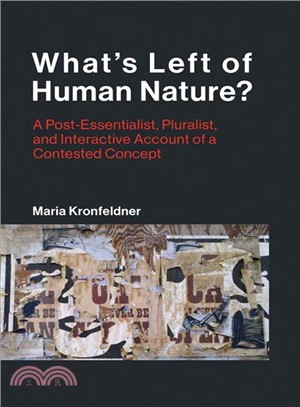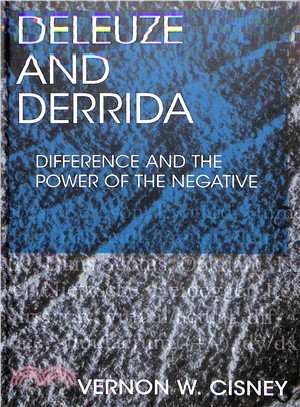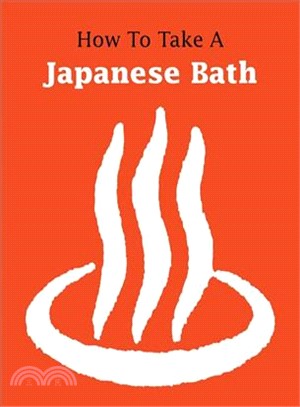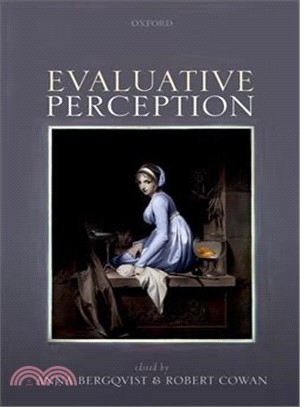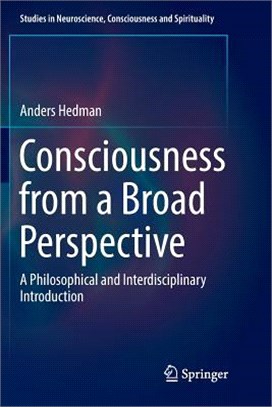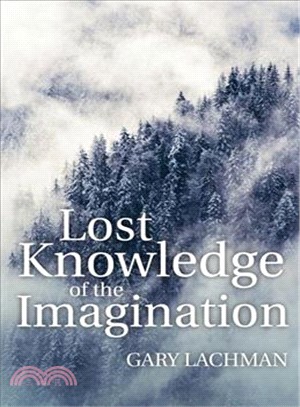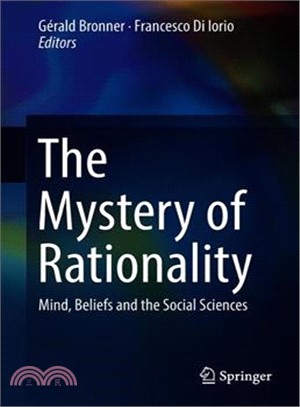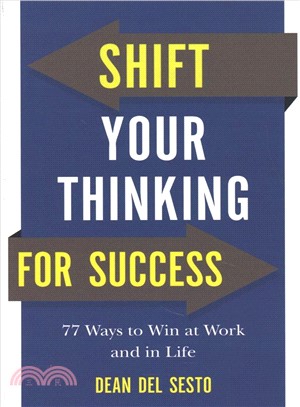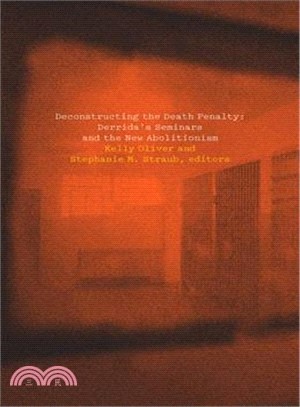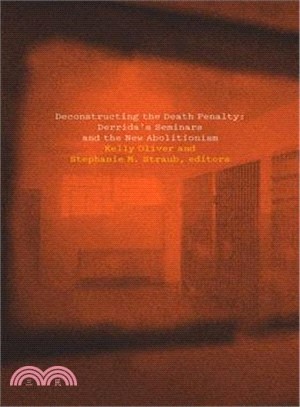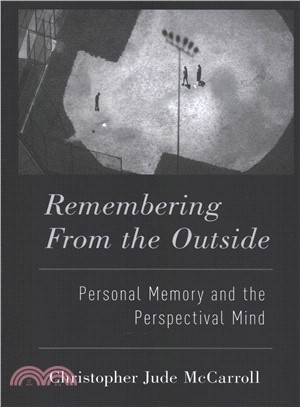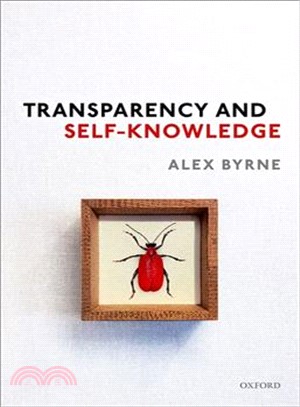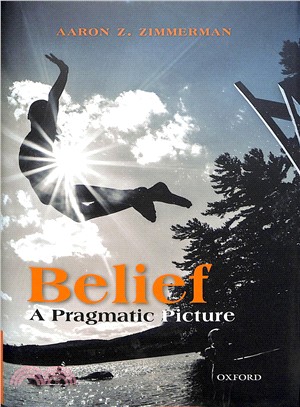共
1188 筆
第4 / 30 頁
優惠價:79
1351
無庫存
出版日:2018/10/09
作者:Anthony Burke ;
Kyle Jensen ;
Jack Selzer ;
Kenneth Burke
出版社:Univ of California Pr
裝訂:平裝
優惠價:9
1617
無庫存
出版日:2018/10/09
作者:Anthony Burke ;
Kyle Jensen ;
Jack Selzer ;
Kenneth Burke
出版社:Univ of California Pr
裝訂:軟精
若需訂購本書,請電洽客服 02-25006600[分機130、131]。
若需訂購本書,請電洽客服 02-25006600[分機130、131]。
若需訂購本書,請電洽客服 02-25006600[分機130、131]。
優惠價:9
2835
無庫存
優惠價:1
378
無庫存
優惠價:1
396
無庫存
若需訂購本書,請電洽客服 02-25006600[分機130、131]。
優惠價:9
889
無庫存
優惠價:9
2907
無庫存
出版日:2018/08/28
作者:Johan Gersel (EDT);
Rasmus Thybo Jensen (EDT);
Morten S. Thaning (EDT);
Morten S. Thaning Overgaard (EDT)
出版社:Oxford Univ Pr
裝訂:精裝
若需訂購本書,請電洽客服 02-25006600[分機130、131]。
若需訂購本書,請電洽客服 02-25006600[分機130、131]。
優惠價:9
3564
無庫存
若需訂購本書,請電洽客服 02-25006600[分機130、131]。
優惠價:1
3360
無庫存
優惠價:1
1680
無庫存
若需訂購本書,請電洽客服 02-25006600[分機130、131]。
若需訂購本書,請電洽客服 02-25006600[分機130、131]。
優惠價:9
2392
無庫存
出版日:2018/08/07
作者:Eric Boynton (EDT);
Peter Capretto (EDT);
Mary-jane Rubenstein (AFT)
出版社:Fordham Univ Pr
裝訂:平裝
優惠價:1
2340
無庫存
出版日:2018/08/07
作者:Eric Boynton (EDT);
Peter Capretto (EDT);
Mary-jane Rubenstein (AFT)
出版社:Fordham Univ Pr
裝訂:精裝
若需訂購本書,請電洽客服 02-25006600[分機130、131]。
若需訂購本書,請電洽客服 02-25006600[分機130、131]。
若需訂購本書,請電洽客服 02-25006600[分機130、131]。
優惠價:9
1347
無庫存
若需訂購本書,請電洽客服 02-25006600[分機130、131]。
若需訂購本書,請電洽客服 02-25006600[分機130、131]。
出版日:2018/07/23
作者:Marcelo D. Boeri (EDT);
Yasuhira Y. Kanayama (EDT);
Jorge Mittelmann (EDT)
出版社:Springer Verlag
裝訂:精裝
若需訂購本書,請電洽客服 02-25006600[分機130、131]。
若需訂購本書,請電洽客服 02-25006600[分機130、131]。
優惠價:1
800
無庫存
優惠價:95
2203
無庫存
若需訂購本書,請電洽客服 02-25006600[分機130、131]。
出版日:2018/07/03
作者:Kelly Oliver (EDT);
Stephanie Straub (EDT);
Katie Chenoweth (CON);
Lisa Guenther (CON);
Christina Howells (CON)
出版社:Fordham Univ Pr
裝訂:精裝
若需訂購本書,請電洽客服 02-25006600[分機130、131]。
出版日:2018/07/03
作者:Kelly Oliver (EDT);
Stephanie Straub (EDT);
Katie Chenoweth (CON);
Lisa Guenther (CON);
Christina Howells (CON)
出版社:Fordham Univ Pr
裝訂:平裝
優惠價:1
2340
無庫存
優惠價:1
2097
無庫存
若需訂購本書,請電洽客服 02-25006600[分機130、131]。
若需訂購本書,請電洽客服 02-25006600[分機130、131]。
若需訂購本書,請電洽客服 02-25006600[分機130、131]。



